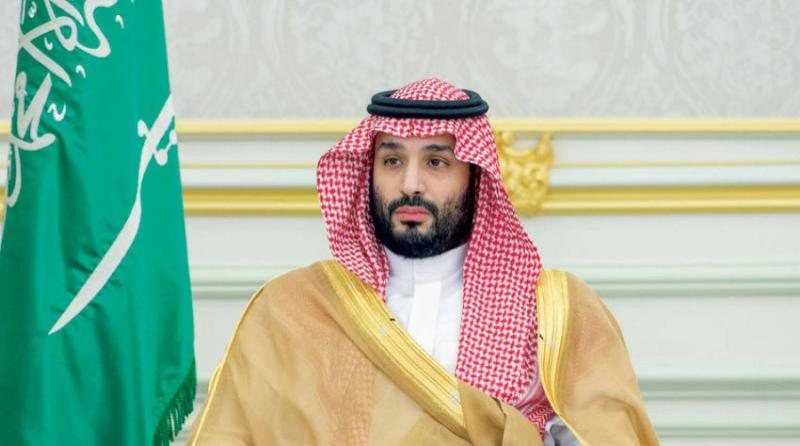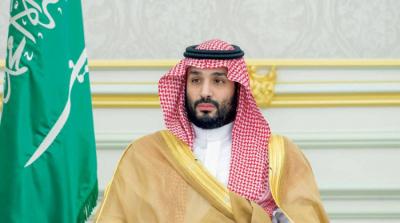Saudi Crown Prince Mohammed bin Salman has skillfully and patiently navigated through many storms that his country has faced over the past years. At the same time, he has achieved social and economic accomplishments that even the most critical can admire, especially those familiar with the details of Saudi society. The situation was extremely complex and sensitive in its timing and mechanisms, and even the most optimistic did not anticipate a smooth sailing path for the reform trajectory set by the Crown Prince, which required breaking down many insulating barriers that had solidified as norms for managing society. Thus, he was able to unleash the latent positive energy in the vast numbers of graduates, making them all tools for the upcoming Saudi renaissance, which is showing its features in immense developmental and construction projects with their funding and ambitions, and active participation in all sectors of society.
These fundamental transformations that reshaped Saudi society coincided with determination and insistence on strengthening the external role and fully engaging in regional and international affairs, commensurate with the Kingdom's economic size as the largest oil producer globally in OPEC, and its moral stature as it safeguards and serves the Two Holy Mosques.
**“The Crown Jewel”**
As the status of the Crown Prince rapidly ascended internally, regionally, and internationally, the administrations of former President Donald Trump and current President Joe Biden ceaselessly sought to open the doors of peace between Arab countries and Israel. Considering factors of power, geography, politics, and economics, it is logical that a peace agreement with Riyadh would become the “crown jewel” that Washington desires to acquire, due to its radical impacts that would bring changes to the political structure in the Middle East and the world.
Subsequent U.S. administrations continued to spread and exploit the anxiety surrounding the Iranian regime, which contributed to the downfall of its ally, the "Gulf Policeman," Shah Iran. The new regime in Tehran was not sensitive to the suspicions that accompanied its presence or the fears raised by statements from some of its leaders about exporting the Islamic revolution abroad, which gradually transformed into blatant interventions in several Arab countries, coupled with a disregard for the importance of reassuring neighbors and demonstrating goodwill.
Iran’s actions and statements from its officials fueled sectarian disputes, igniting feelings of anger and concern against it, and here the United States, along with Israel, observed all of this and sought to ensure that calm was not maintained, making normalization a virtual lifeline against the dangers of the regime in Tehran, while everyone understands that U.S. administrations do not oppose establishing relations with the Iranian regime and are negotiating with it both publicly and secretly. They have made many inducements and facilitation efforts that Tehran has recognized and will not be satisfied with before it obtains its nuclear bomb, which reports indicate is nearing production.
**Cornerstone**
The peace issue, which Washington considers a cornerstone in determining its positions in the Middle East, gained greater significance after October 7, 2023, because it revealed the fragility of “the invincible army” theories and that the “security wall” serves as protection for Israel's security. Therefore, the U.S. response was that the solution to everything happening and to ensure it does not happen again is to rush toward peace with Riyadh, understanding that if this occurs, many Arab countries will be influenced by the Saudi direction and will certainly follow it.
In a meeting during the World Economic Forum in Riyadh, responding to a comment made by American journalist Thomas Friedman about Iran’s role and whether it would continue its disruptive actions in the region, Saudi Foreign Minister Prince Faisal bin Farhan stated that the Kingdom is working on calming the situation and stabilizing the region, collaborating with all neighbors on this endeavor. He added that Iran sends reassurance messages to everyone, and if paired with actions, Riyadh would feel no reason for concern.
**Real Guarantees**
The reality everyone knows is that Riyadh is not rushing toward peace without serious and genuine guarantees for the Palestinian people first, as it has supported their cause since the time of the late King Abdulaziz Al Saud. No ruler who followed him abandoned the principle of an independent state with East Jerusalem as its capital. Despite all American pressures, the Kingdom did not yield to the accompanying attempts at blackmail, which have failed and will continue to fail, because its leading and guiding role is always connected to its governing rules that only engage with what benefits its people and its surrounding region, which it cannot and does not want to abandon.
The Saudi Crown Prince understands that peace with Israel is primarily an American and Western interest and a necessity for them before being a necessity for his country, as it is capable of diversifying its sources of growth and living in a non-hostile environment without feeling an existential anxiety that forces it to stray from the foundations of governance and its Arab and Islamic political principles.
Washington will not be able to push its peace desires merely through threats and by sending high-level officials; the Kingdom is fortified against this with its experiences and expertise, as well as its flexibility and strength that protect the foundations of stability in governance and society.




